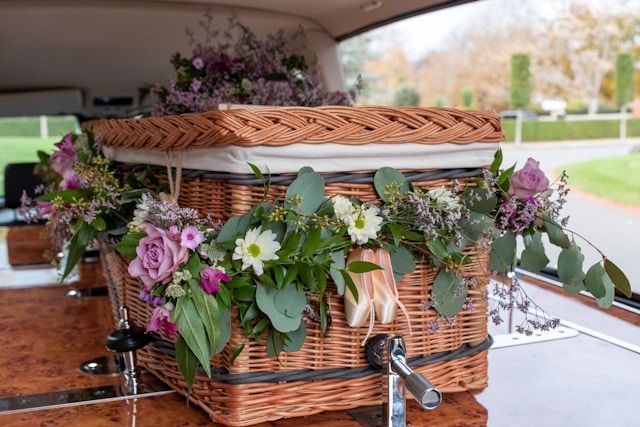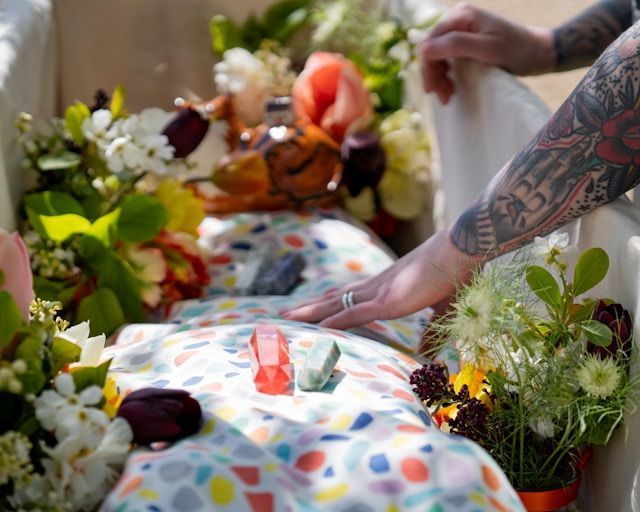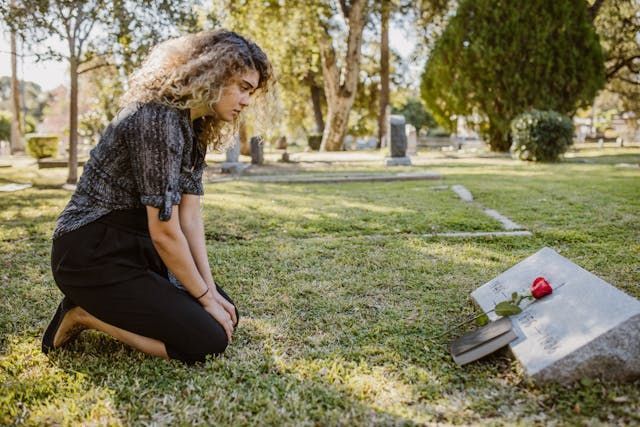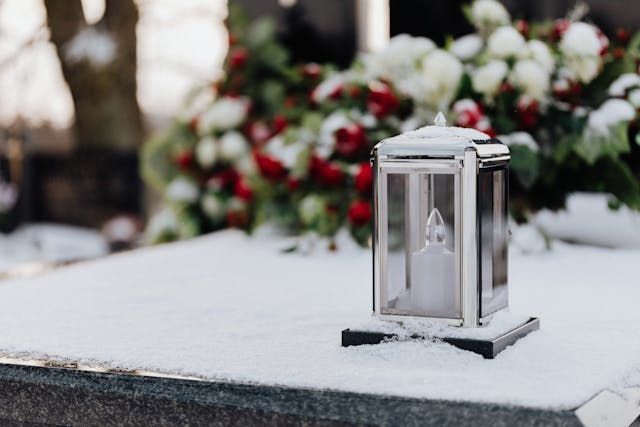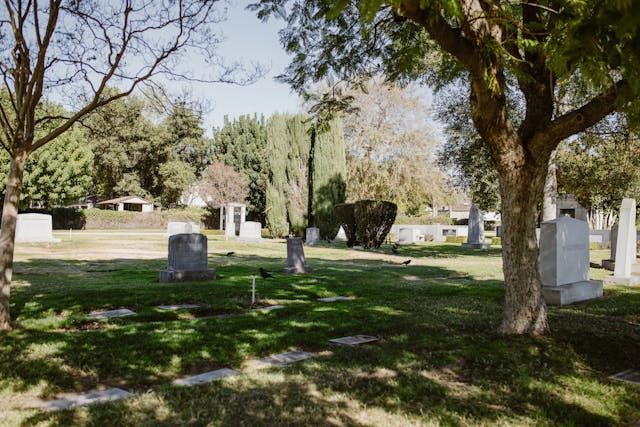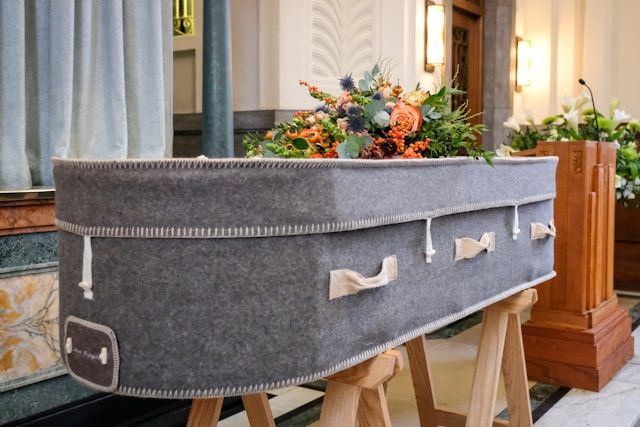Grieving: Why It Feels Different for Everyone
Explore the complexities of grieving, a journey unique to each individual. Discover support and insights for navigating sorrow and remembrance. Learn more.

Loss is an inescapable part of the human experience, and in the quaint town of Roanoke, VA, funeral homes often witness the varying shades of grief that individuals express. When we confront the death of a loved one, our reactions can be as diverse as our personalities and life experiences. Understanding why grieving feels different for everyone is crucial in extending compassion to ourselves and others during these challenging times.
The Nature of Grief
Grief is a strong emotional response to loss, often profound and encompassing when we lose someone close to us. This emotional journey can manifest in a range of feelings, including sadness, anger, confusion, or even relief, depending on the circumstances surrounding the loss. While the process may be unique to each individual, certain commonalities provide a framework for understanding this multifaceted experience.
Stages of Grief
The concept of the stages of grief, introduced by Elisabeth Kübler-Ross, outlines a progression through denial, anger, bargaining, depression, and acceptance. However, not everyone will experience these stages linearly or even at all. This provides a starting point for understanding, but the personal nature of sorrow means that each individual's timeline and experience will differ.
Factors That Influence Grieving
Many factors can influence how a person grieves. Cultural background often plays a significant role, as different societies have various rituals and norms surrounding mourning and remembrance services. Personality and coping mechanisms also shape how one processes loss, with some people displaying their emotions openly and others withdrawing or reflecting in solitude.
Additionally, the nature of the relationship with the deceased and the circumstances of their passing can deeply affect the grieving process. Unresolved issues, sudden departures, or prolonged illnesses each leave their unique imprint on the heart of the bereaved.
Supporting Others in Grief
When someone we care about is experiencing grief, it can be challenging to know how to support them. The key is to offer a compassionate presence, listening without judgment and giving them space to express their feelings. Avoid imposing your expectations or timelines on their process. Offering practical assistance and maintaining patience are tangible ways to show your care.
The Impact of Community Support
One aspect of healing that is often overlooked is the power of community. When individuals come together, such as in congregations or support groups, it can provide a sense of solidarity and shared understanding. This communal aspect can be particularly comforting, offering a collective space for reflection and memory.
Remembering and Healing
As time passes, the acute pain of grief often evolves, allowing moments of remembrance to surface. Commemorative acts, whether private or shared, can become comforting rituals. Some may find solace in visiting a gravesite, while others might engage in activities that the loved one enjoyed. Healing does not mean forgetting; instead, it's about finding a place for the memory that allows life to continue with a renewed sense of connection and meaning.
Conclusion
Grieving is undeniably personal, shaped by a mosaic of individual factors and experiences. It's essential to remember that there isn't a "right" way to grieve and seeking support from Roanoke, VA funeral homes can be a crucial step in this journey. At Conner-Bowman Funeral Home & Crematory, we understand the complexity of emotions that come with loss. Our compassionate team is here to guide you through creating a meaningful ceremony that honors your loved one, offering support and understanding during your time of sorrow. We believe in nurturing a path to healing that respects the individuality of your grieving process.

